What is the HRI?
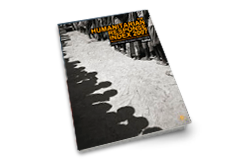
Every year around 350 million people’s lives are shattered by the effects of disaster, conflict and crisis. Created in 2007, the Humanitarian Response Index (HRI) comprises five editions that aim to identify and promote good donor practice, and contribute to greater transparency, accountability and impact in humanitarian action. The HRI has been the world’s only independent tool for measuring the individual performance and commitment of government donors in applying the principles of Good Humanitarian Donorship, which they agreed to in 2003. By providing an independent assessment and empirical evidence on how individual donor governments perform compared to their peers, the HRI has helped civil society and policy makers rank and benchmark the quality of government humanitarian assistance, and contributed to the improvement of the effectiveness and impact of relief and recovery efforts.
The HRI was not an index on the volume or quantity of funding provided by Western governments for humanitarian assistance. It looked beyond funding to assess critical issues around the quality and effectiveness of aid. The HRI complemented other monitoring tools and assessments that are used by the humanitarian community, but was an independent exercise that was not funded by any government.
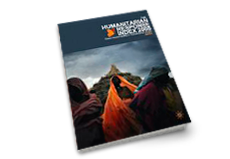 The HRI has been a collaborative effort supported by many of the world’s largest humanitarian organizations (such as UN OCHA, IFRC and UNHCR) and academic institutions (such as the University of Bochum and Columbia University), and endorsed by leading figures such as Kofi Annan, Jeffrey Sachs and Simon Maxwell. The need and importance of the HRI for the humanitarian community has been recognized by many organisations, including at the World Humanitarian Summit in Istanbul. We are currently mobilising resources for an improved version of the project, as we believe it had a positive effect in terms of changing donor policy and practice, and increasing accountability towards crisis-affected populations.
The HRI has been a collaborative effort supported by many of the world’s largest humanitarian organizations (such as UN OCHA, IFRC and UNHCR) and academic institutions (such as the University of Bochum and Columbia University), and endorsed by leading figures such as Kofi Annan, Jeffrey Sachs and Simon Maxwell. The need and importance of the HRI for the humanitarian community has been recognized by many organisations, including at the World Humanitarian Summit in Istanbul. We are currently mobilising resources for an improved version of the project, as we believe it had a positive effect in terms of changing donor policy and practice, and increasing accountability towards crisis-affected populations.
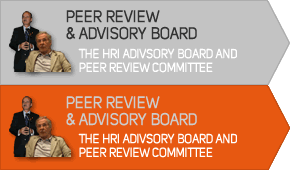


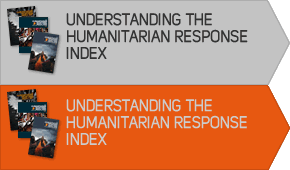
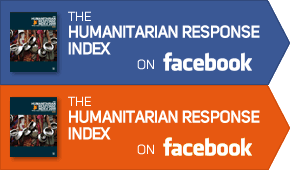
Share this